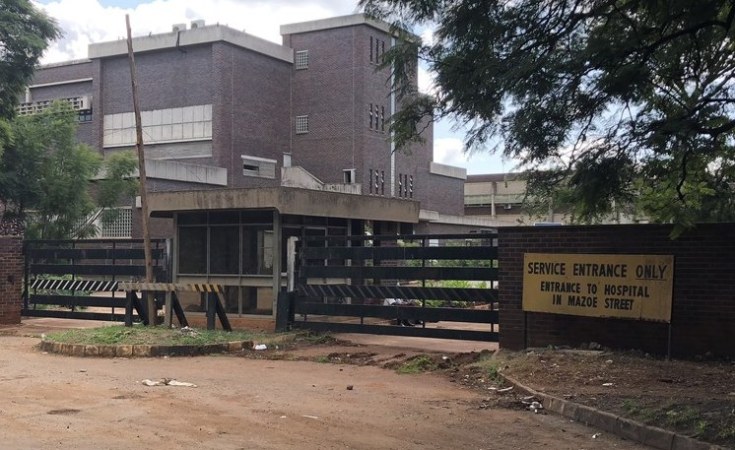THE public health sector in Zimbabwe will be buying drugs directly from manufacturers, freezing out the middlemen and their mark-ups and commissions, and boosting the percentage of drugs where those manufacturers are Zimbabwean companies, Parliament has been told.
These are among the measures Government is taking to reduce costs and improve drugs availability in public health institutions, Deputy Minister of Health and Child Care Dr John Mangwiro told the National Assembly on Wednesday when responding to a question on what Government was doing to improve the drugs supply situation in hospitals.
"As Government, we are doing something about it," he said. "As Government we are saying we are going to be avoiding middlemen who were bringing expensive drugs into the country. We are going to be buying directly from manufacturers while we are propping up local companies to manufacture the drugs locally."
Government has since launched the 2021-2025 Pharmaceutical Manufacturing Strategy, which is meant to boost local production of drugs which currently stands at 12 percent of requirements.
The strategy is also expected to improve the pharmaceutical industry's contribution to public health by increasing the availability of the country's essential medicines while excess drugs will be exported.
Primary and Secondary Education Minister Evelyn Ndlovu said Government would implement the provision of free basic education in a staggered manner due to budgetary constraints.
The current budget of US$6,3 million was inadequate to meet the cost of providing free education for all.
"We agreed that we have to sit down with the Ministry of Finance to analyse and check on the amounts that were allocated to the Ministry of Education in terms of funding and after a big analysis it is quite clear that the funds are not enough," she said.
"It should be implemented in a staggered manner."
Dr Ndlovu said the ministry was calculating what was needed and would lobby for approval in a supplementary budget.
The gradual implementation of the zero-fee policy was targeting mainly disadvantaged rural schools, but already the earlier BEAM facility was seeing more than 2,2 million pupils having their tuition paid for by Government across the country.


